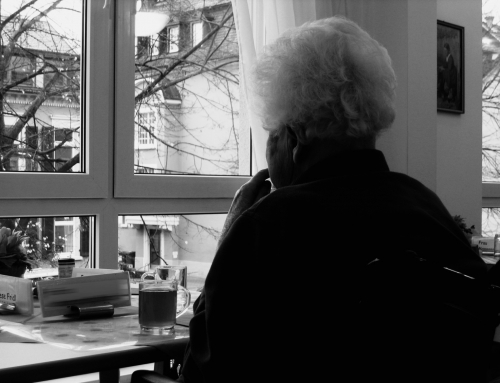To Deal with Bullying, Elders Rely on Their Loved Ones
The Research Chair on Mistreatment of Older Adults publishes landmark study on the perception of elders toward bullying
More than 90% of elders would rely on their loved ones, an organization or an authority figure if they felt bullied or witnessed bullying, according to a study led by the Université de Sherbrooke’s Research Chair on Mistreatment of Older Adults and DIRA-Estrie, Centre d’aide aux aînés victimes de maltraitance. It is the first scientific study ever led in Québec to specifically examine this subject.
The findings, which were released on the International Day of Non-Violence and the day after the International Day of Older Persons, underscore the importance of raising public awareness of bullying toward the elderly and of giving their loved ones and organizations tools to respond rapidly to calls for help or assistance.
Bullying involves…
- Two-thirds of elders have difficulty differentiating mistreatment and bullying. Mistreatment, whether intentional or not, occurs within a relationship of trust. Bullying, which is almost always intentional, occurs in every type of relationship. However, the elderly unequivocally use the same verbs to describe the phenomena: pushing, screaming, insulting, and so on.
Highlights
- If they were to witness or become the target of bullying, 93.2% of those met mentioned that they would rely on at least one resource for help: a community organization, a CLSC, a physician, a priest, the police, an organization for seniors, Ligne Aide Abus Ainés, friends, family, and so on.
- If they were victims of bullying, a significant number of elders would confide in a close friend. However, if they were to witness bullying in a group living environment, they would have a greater tendency to refer to the staff or management of the seniors’ home.
- Whether they were to become targets or witnesses, 77% of elders stated that they would be apprehensive before confiding in others out of fear of: retaliation, abandonment, being disbelieved, becoming isolated, or being perceived as a snitch, having to leave their living environments, and so on.
Source : Research Center on Aging



